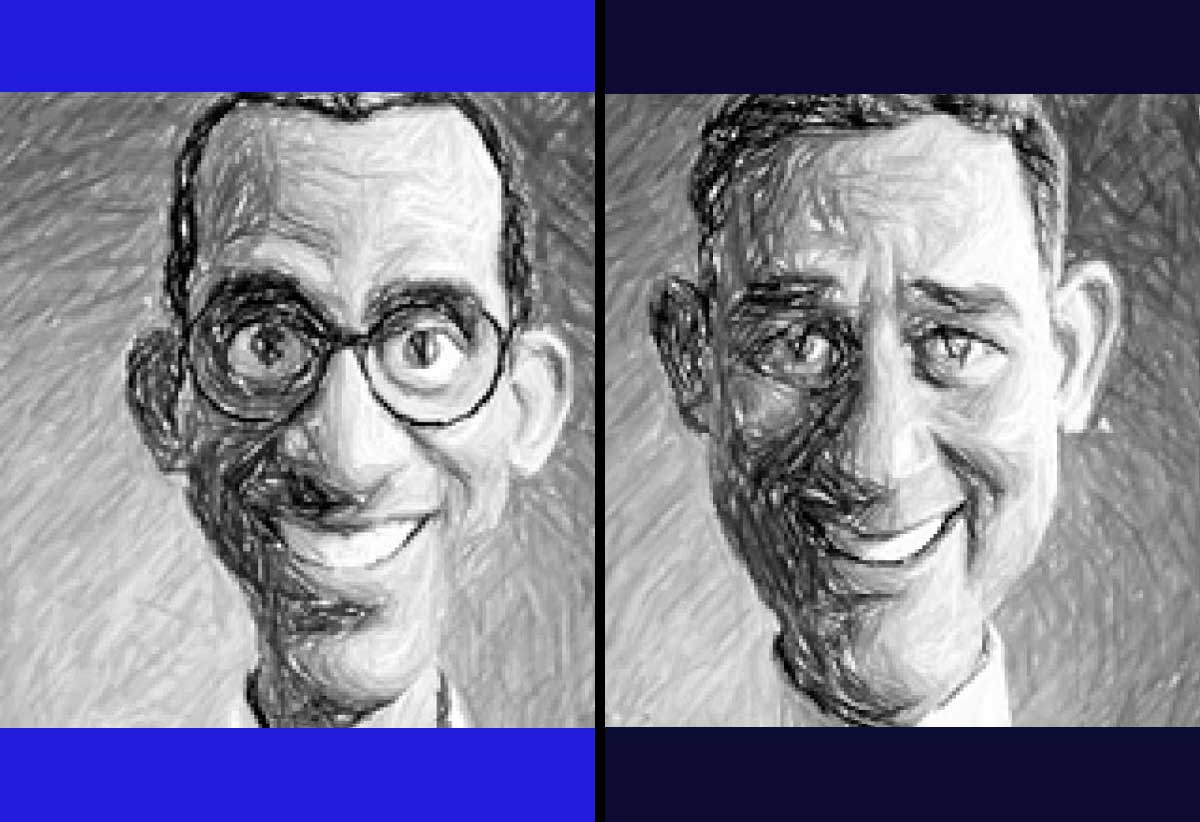
Politics in Saint Lucia often feels like an episode from a gripping drama series, replete with intrigue, conflict, and unexpected twists. The vibrant political landscape is characterized by intense rivalries, passionate debates, and dramatic developments that keep the populace on edge. This article delves into the dramatic elements of Saint Lucian politics, exploring the key players, memorable events, and the impact on the nation.
Just like in a drama series, Saint Lucian politics features prominent personalities whose actions and decisions shape the narrative. Key figures from the major political parties, the United Workers Party (UWP) and the Saint Lucia Labour Party (SLP), often find themselves at the center of the political storm.
The former Prime Minister and leader of the UWP, Chastanet is known for his business acumen and bold policies. His tenure and leadership style have been both lauded and criticised, making him a polarising figure. The current Prime Minister and leader of the SLP, Pierre’s leadership marks a shift towards addressing social inequalities and economic challenges. His approach contrasts sharply with that of his predecessor, setting the stage for intense political rivalry. Influential politicians such as Ernest Hilaire, Guy Joseph, and Kenny Anthony play significant roles in shaping the political narrative, each bringing their own style and strategy to the forefront.
Saint Lucian politics is never short of dramatic moments, often akin to cliffhangers in a television series:
Elections in Saint Lucia are highly contested, with unexpected results that can dramatically alter the political landscape. The shift of power between the UWP and SLP often leads to policy reversals and new political dynamics.
Political scandals are a staple in Saint Lucian politics, involving allegations of corruption, mismanagement, and personal misconduct. These controversies not only affect individual careers but also sway public opinion and influence electoral outcomes.
Public sentiment often manifests in protests and demonstrations, reflecting the population’s engagement with political issues. These events can escalate tensions and compel political leaders to address pressing concerns.
Debates in the House of Assembly can be particularly heated, with lawmakers engaging in spirited exchanges that highlight their ideological divides. These sessions are often broadcasted, capturing the attention of the nation.
The dramatic nature of Saint Lucian politics has significant implications for the country. Frequent political shifts lead to changes in policies, affecting various sectors such as healthcare, education, and the economy. These changes can either propel the nation forward or lead to instability. Political drama can erode public trust in government institutions. Scandals and unfulfilled promises may foster cynicism and disengagement among the populace. Political instability can impact investor confidence and economic growth. Consistent and transparent governance is crucial for attracting investment and fostering economic stability. Intense political rivalries can deepen social divides. It is essential for political leaders to foster unity and address issues that affect all citizens, regardless of their political affiliations.
As Saint Lucia continues to navigate its political journey, the elements of drama are likely to persist. However, there is a collective hope that the country’s political leaders will prioritise the nation’s well-being over partisan interests. By focusing on transparent governance, inclusive policies, and constructive dialogue, Saint Lucia can turn its political drama into a narrative of progress and unity.
Saint Lucian politics is undeniably dramatic, with its share of heroes, villains, and unexpected plot twists. Just like in a well-crafted drama series, the ultimate resolution lies in the hands of those who write the script and those who hold them accountable. (By Island Writers)




![Simón Bolívar - Liberator of the Americas [Photo credit: Venezuelan Embassy]](https://thevoiceslu.com/wp-content/uploads/2025/12/Simon-Bolivar-feat-2-380x250.jpg)



